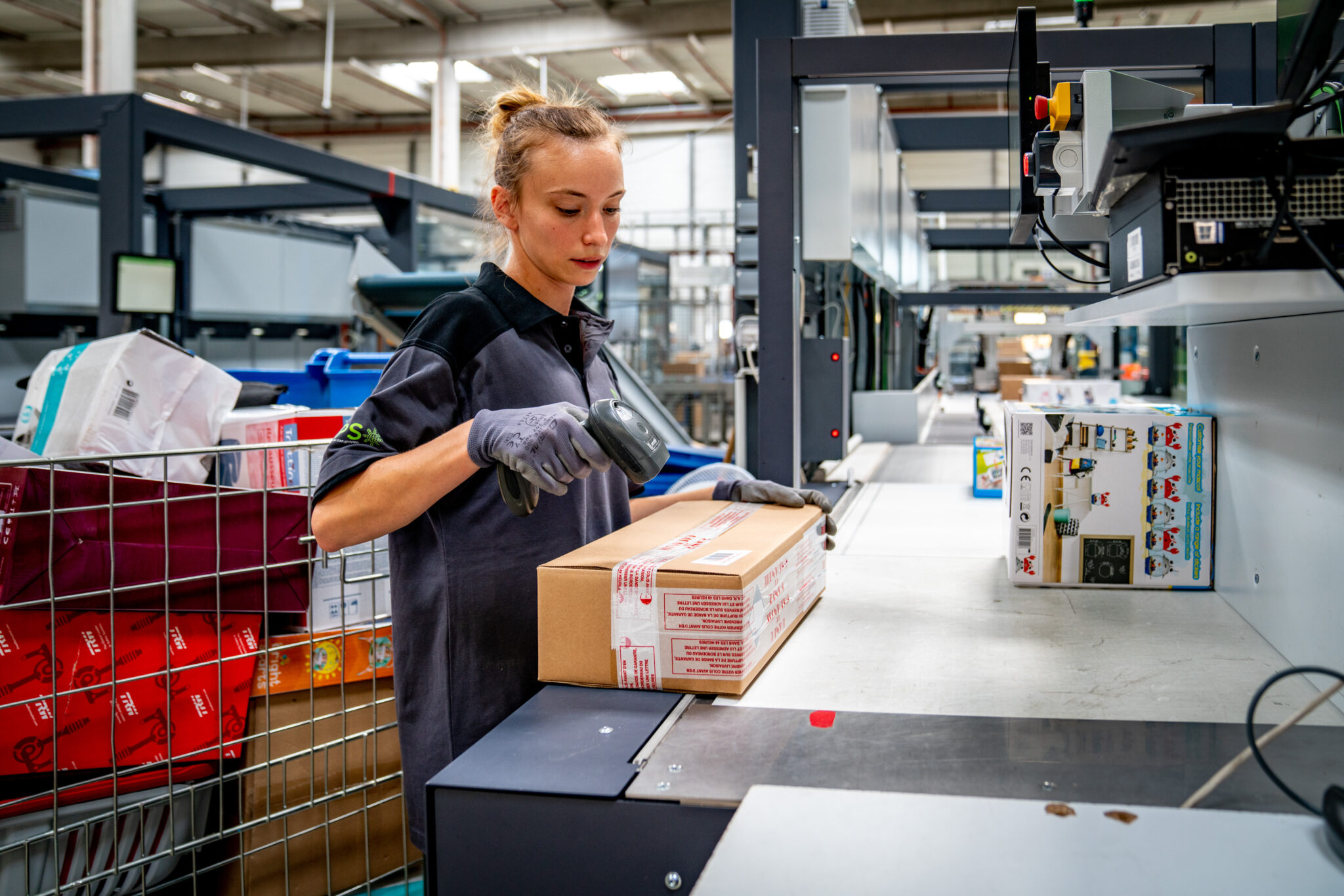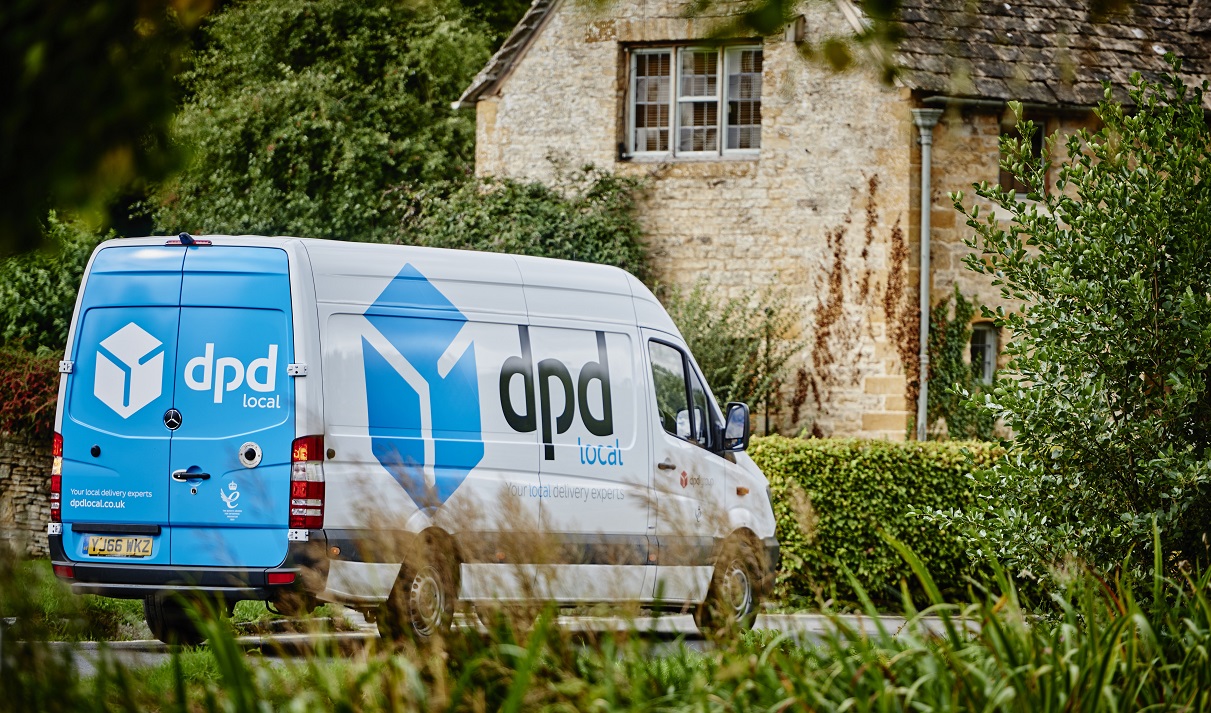Route optimisation has become ever more important in recent years. The rise in ecommerce has created new routing pressures, especially in the last mile; while rising fuel costs, the push towards net zero, load theft have placed the spotlight on using preferred refuelling locations and the need for safe, comfortable parking, especially overnight.
Layering these demands over the traditional goals of controlling costs and meeting tight deadlines has highlighted the limitations of generic mapping and routing solutions. From large HGVs stuck in tiny rural lanes to the damage – and cost – incurred when a HGV hits a low bridge or the risk of compliance breach associated with taking a hazardous load through a tunnel without permission, many transportation companies have learnt the painful lesson of relying on a phone’s satnav.
Consumer mapping technologies may be ubiquitous but they lack the depth of insight required to manage the complexity associated with the commercial movement of goods. As Kate Legnola, Sr. Product Manager, Map Data at Trimble explains, dedicated commercial route mapping technology has been developed to address the very specific demands of transportation fleets, from height and weight restrictions and hazardous materials transport designations to improving driver well-being and safety.
Meeting Operational Goals
Reliance on online maps has become standard for most drivers but effective commercial route optimisation requires far more depth and breadth of insight than the basic, ubiquitous directions that cannot differentiate between a driver in a heavy goods vehicle or a two-seater sports car. Commercial mapping intelligence has evolved beyond simple visualisation on a map to offer a wide range of insights on business and driver behaviour that can significantly enhance fleet management. Complex routing algorithms are used to determine the most efficient routes for delivery or service vehicles by considering factors such as traffic patterns, road permissions, congestion and clean air zones, low bridges, narrow lanes and fuel consumption. Data, including not only construction of new infrastructure, but also any changes in existing restrictions is continually updated following routine bridge and tunnel inspections undertaken by highways authorities to give planners confidence in the safety and legality of the designated route.
Making Transportation Sustainable
Transportation companies can leverage this depth of information to plan based on different priorities, comparing routes based on sustainability, cost and time objectives. The ability to offer clients different routing models provides a competitive advantage by enabling a transport business to demonstrate how it is supporting a client’s sustainability reputation, for example. It is also assisting fleets in future-proofing their operations so they can better serve and meet their sustainability goals. Among them are a better ability to adhere to environmental rules and guidelines, a better understanding of vehicle carbon footprint, a reduction in operating costs with the efficient allocation of vehicles based on electric vehicles thus achieving long-term, sustainable cost reduction.

Boosting Fleet Efficiency
Complex algorithms are used to determine the most efficient routes for delivery or service vehicles by considering factors such as traffic patterns, road permissions, congestion and clean air zones and low bridges.. Route intelligence software can also track dwell time, a perennial problem for all transportation companies. Using precise polygonal geofencing to improve the accuracy of arrival and departure notifications, the overall journey time, including both travel and stop time, is more precise. It is also enabling companies to better understand the overall efficiency and performance of the fleet, information that can help to reduce empty miles, cutting costs and reducing emissions whilst adding revenue.
Keeping Drivers Safe
Indeed, by investing in smart mapping technology, elements such as planning processes will automatically consider drivers’ hours of service (HOS) and can include specific locations for resting and parking to avoid the risk of drivers being compelled to park up on the roadside which is both uncomfortable and unsafe. Further, using intelligent route mapping, transportation companies can optimise loyalty programs and discounts around specific brands of fuel to optimise routes, understand freight spend, and plan routes more efficiently. The routes can be designed around the use of rest stops preferred by drivers wherever possible to ensure they have access to good quality food and showers.
Driver safety can be further enhanced with vehicle specific information throughout the journey especially regarding the trickier problems that can arise during the last mile. Commercial mapping intelligence solutions pinpoint the actual final locations, such as the delivery entrance to the shopping centre rather than the consumer entrance used by the generic mapping solutions. In addition, transportation companies can opt to customise the mapping, overlaying a preferred approach path for specific locations to ensure every driver, however new to the business, has the optimal, safe route to each location, whether that is a store, warehouse or distribution centre.
For transportation companies wrestling daily with the need to mitigate disruption, reduce costs and meet escalating customer demands, intelligent route mapping and routing is becoming a strategic imperative. Companies can no longer afford to rely on traditional manual route planning processes or allow drivers to rely on their own generic mapping systems. The risks of delays, damage and missed opportunities are simply too high.
Intelligent route mapping provides businesses with a chance to improve day to day planning and ensure routes are optimised for each vehicle, taking into account the essential features of weight, size and hazardous materials. It gives the chance to focus on both driver performance and well-being, enabling companies to prioritise access to safe overnight parking and rest stops. Finally, it also delivers vital insight into the intricate interplay of suppliers, processes, and partners that allows transportation companies to optimise operations, intelligently consider innovations in areas such as EVs, and confidently navigate today’s complex marketplace.
read more






